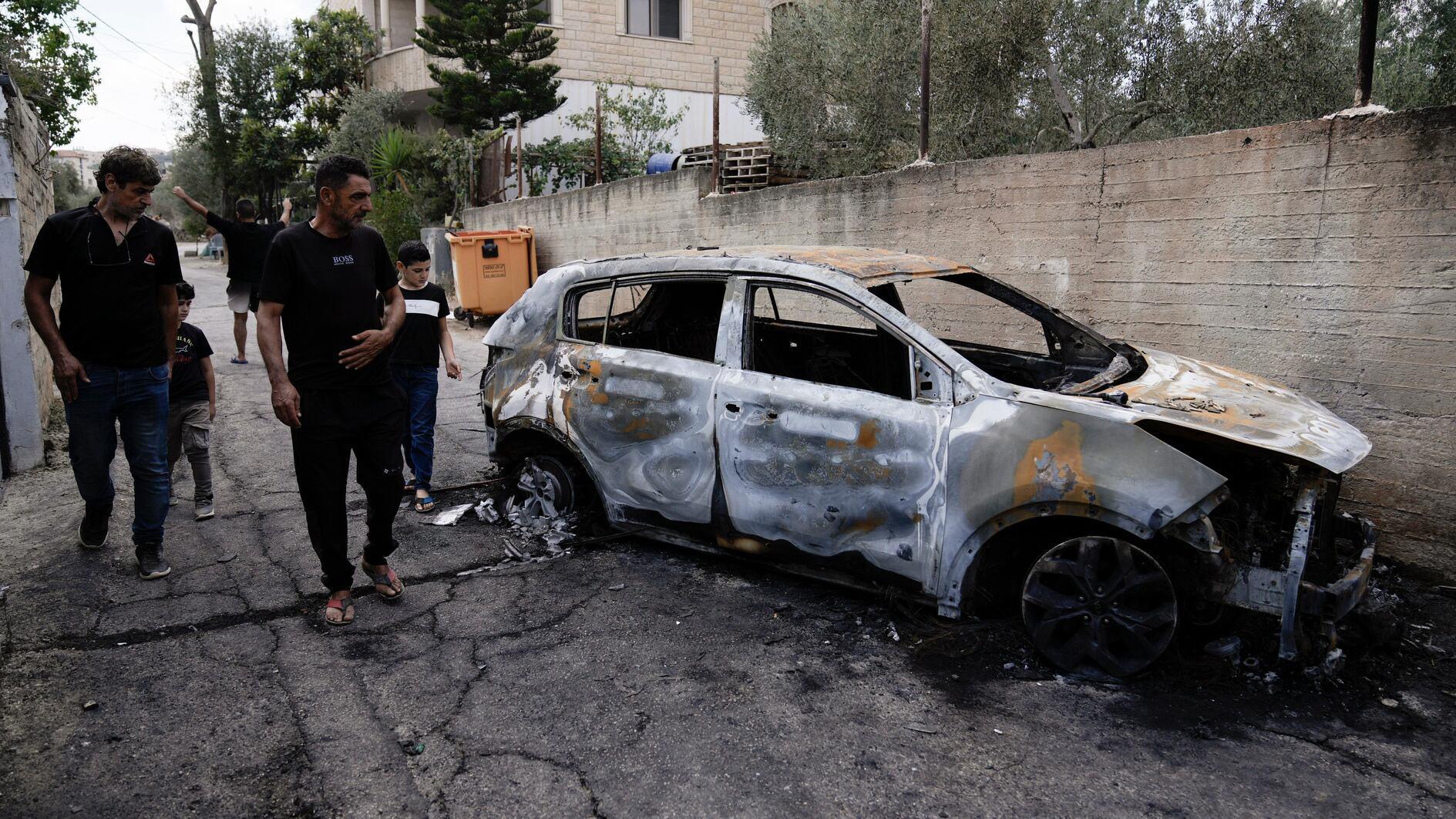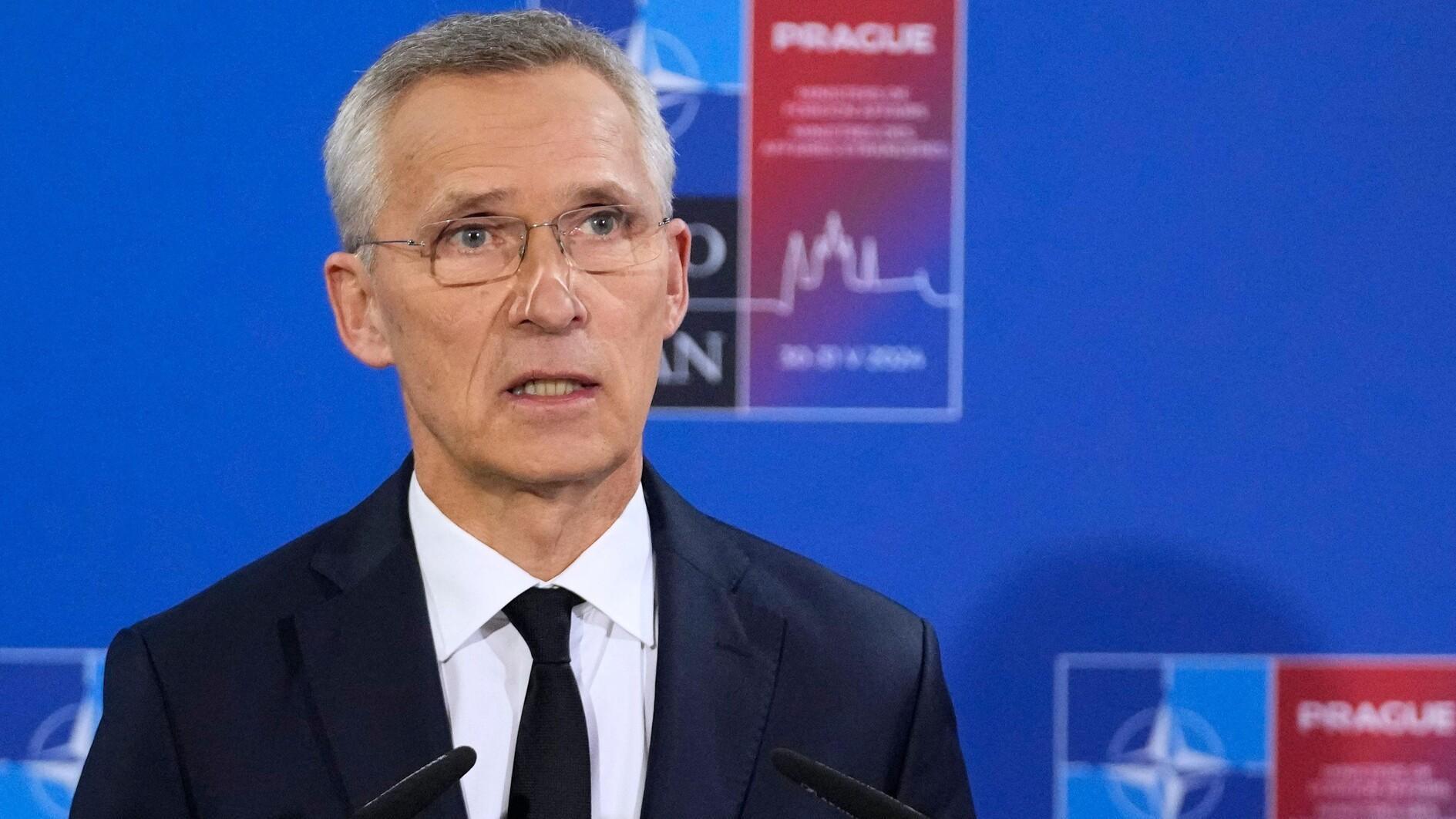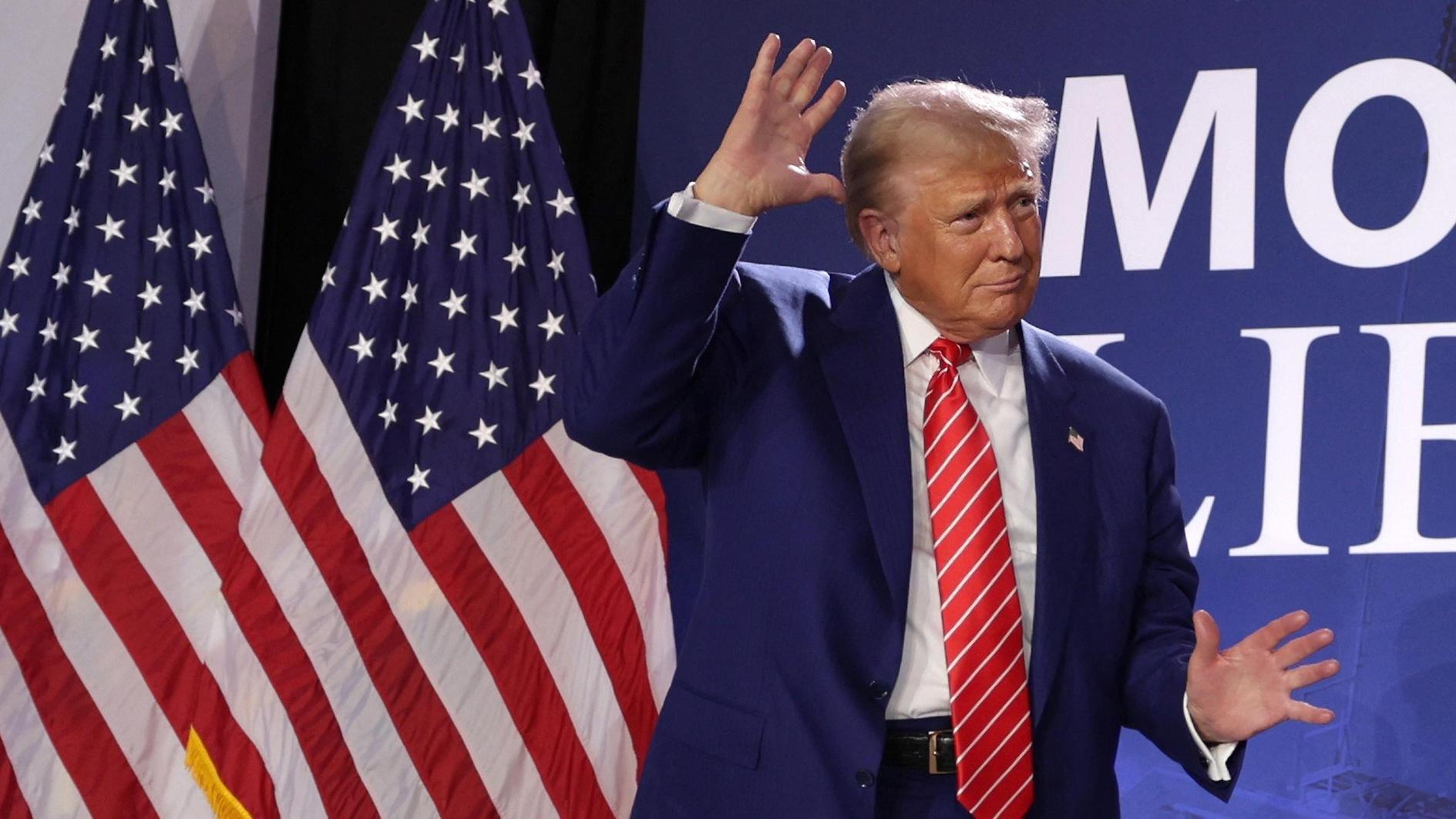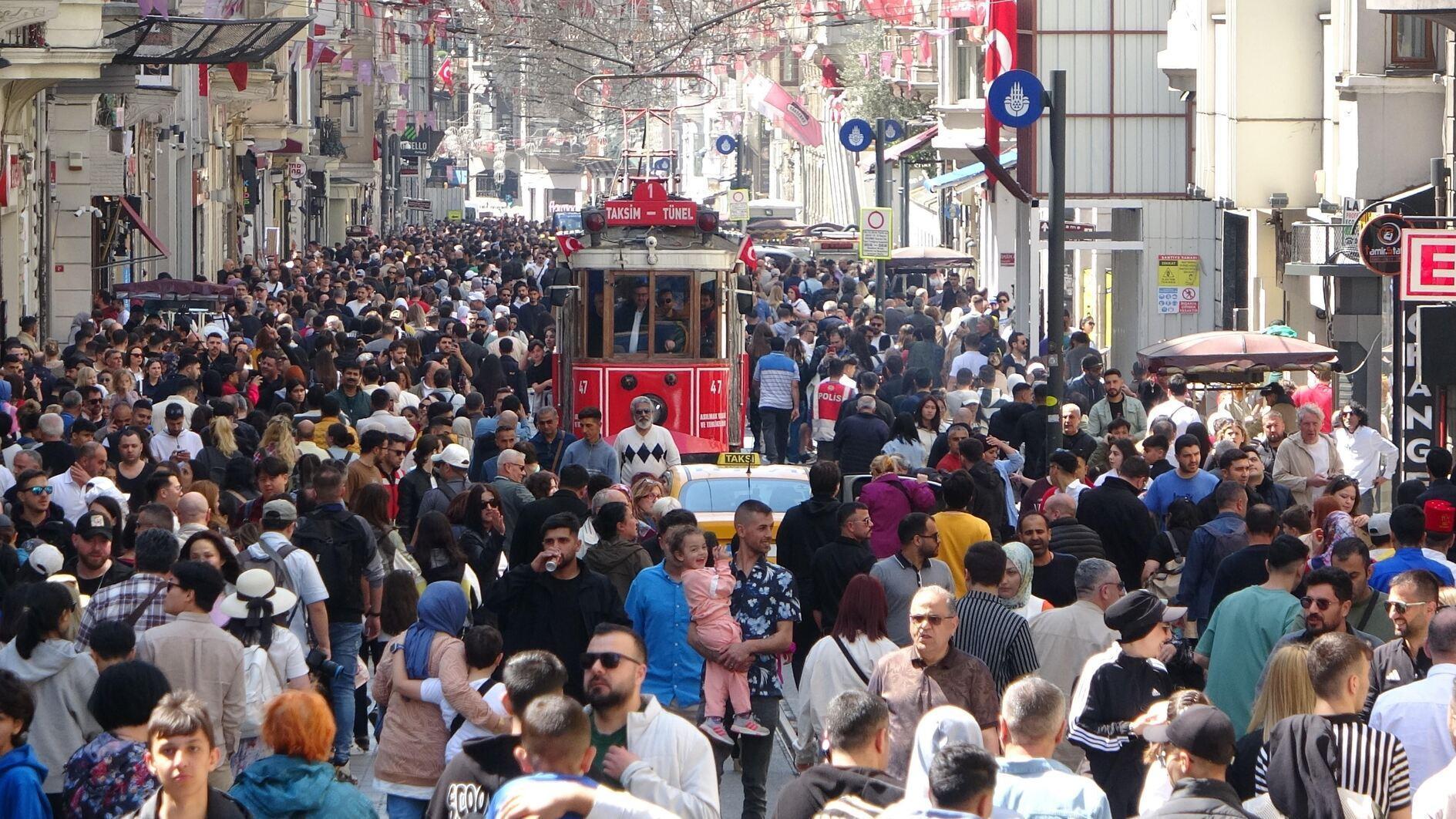Notes on Erdoğan in New York
President Recep Tayyip Erdoğan was actually very “cool” on the first evening of his recent trip to the U.S. He had a meeting right across from Hotel Peninsula, where he was staying, at the St. Regis Hotel. He walked there slowly, in a relaxed way, speaking to everybody and posing for photos.
However, the next day, after he delivered his speech at the U.N. General Assembly on Sept. 17, I asked those around him about how he handled issues in bilateral contacts. I was once again convinced that the ambition and rage inside Erdoğan will never change - the only difference is that it changes target from time to time.
During his meeting with U.S. Vice President Joe Biden, he started on the subject of Fethullah Gülen, while discussions on the case of Reza Zarrab were scattered throughout the conversation. Then they moved on to Syria. He fiercely criticized the matter of U.S. President Barack Obama’s special presidential envoy for the global coalition to counter the Islamic State of Iraq and the Levant (ISIL), Brett McGurk, receiving an award from the People’s Protection Units (YPG) in February in Kobane. McGurk, who was present in the meeting, apparently moved from his seat to signal that he “got the message.” But Erdoğan was unable to control his anger. After the meeting was over, while bidding farewell to the Americans, he said to McGurk’s face: “Don’t do it again.”
The Americans, meanwhile, listened as they always do. Biden was careful to use diplomatic language. But his stance most likely annoyed Erdoğan. When Erdoğan said the U.S. had supplied the YPG with arms, Biden said he had no information on that. That answer is not something Erdoğan would understand or accept.
Meanwhile, U.S. officials have finally changed their discourse on the Gülen issue. They are trying to cover up the YPG fracture between Ankara and Washington. I saw evidence of this in the incident of U.S. soldiers being fired on last week at Tell Abyad in northern Syria. The Pentagon was first going to issue a written statement but then it said the issue was sensitive and only one unit could give information. I went to that unit. It said it could only verbally give background information, not written or on-the-record details. If there had been an injury then it would have been the biggest crisis between the soldiers of the two countries in years.
The Americans did anything they could to play down any rift with the Turks. Erdoğan, on the contrary, did not shy away in New York, publicly speaking about his conversation with Biden on the U.S.’s arms aid to the PYD.
This is a new stance. It could be said that when the issue concerns the U.S., Erdoğan is abandoning certain diplomatic criteria that he used to be careful about. It is possible to say his tone against the U.S. has become harsher and he has left aside diplomatic control. This trip has been full of examples of Erdoğan leaving aside his diplomatic criteria on several topics. Erdoğan even conveyed such things in his meeting with Biden, saying there were very heavy charges the details of which will soon be disclosed.
Signs of tension were also seen at a panel in New York organized by Bahçeşehir University where Turkish Ambassador to Washington Serdar Kılıç harshly accused the U.S. administration of not condemning the incident on the night of the coup attempt and for its attitude toward the Gülenists. The embassy, which used to emphasize a soft tone in the past to overcome tension, has now switched to another level.
I don’t know how Erdoğan prepared for this new line before he came to New York, but there is a symbolic detail in this. This time his own vehicles were brought to the U.S. from Ankara, as well as private security. The emails of Energy Minister Berat Albayrak were hacked while he was in New York but all possible measures were taken against any potential physical situation.
We will see how much further this escalates. We will wait and see how much the Gülen crisis and the YPG fracture will grow. But there is no doubt that Turkish-American relations are going through a very critical junction before the U.S. presidential elections in November. There are no traffic lights at the junctions and both sides are going forward without slowing down.
During his meeting with U.S. Vice President Joe Biden, he started on the subject of Fethullah Gülen, while discussions on the case of Reza Zarrab were scattered throughout the conversation. Then they moved on to Syria. He fiercely criticized the matter of U.S. President Barack Obama’s special presidential envoy for the global coalition to counter the Islamic State of Iraq and the Levant (ISIL), Brett McGurk, receiving an award from the People’s Protection Units (YPG) in February in Kobane. McGurk, who was present in the meeting, apparently moved from his seat to signal that he “got the message.” But Erdoğan was unable to control his anger. After the meeting was over, while bidding farewell to the Americans, he said to McGurk’s face: “Don’t do it again.”
The Americans, meanwhile, listened as they always do. Biden was careful to use diplomatic language. But his stance most likely annoyed Erdoğan. When Erdoğan said the U.S. had supplied the YPG with arms, Biden said he had no information on that. That answer is not something Erdoğan would understand or accept.
Meanwhile, U.S. officials have finally changed their discourse on the Gülen issue. They are trying to cover up the YPG fracture between Ankara and Washington. I saw evidence of this in the incident of U.S. soldiers being fired on last week at Tell Abyad in northern Syria. The Pentagon was first going to issue a written statement but then it said the issue was sensitive and only one unit could give information. I went to that unit. It said it could only verbally give background information, not written or on-the-record details. If there had been an injury then it would have been the biggest crisis between the soldiers of the two countries in years.
The Americans did anything they could to play down any rift with the Turks. Erdoğan, on the contrary, did not shy away in New York, publicly speaking about his conversation with Biden on the U.S.’s arms aid to the PYD.
This is a new stance. It could be said that when the issue concerns the U.S., Erdoğan is abandoning certain diplomatic criteria that he used to be careful about. It is possible to say his tone against the U.S. has become harsher and he has left aside diplomatic control. This trip has been full of examples of Erdoğan leaving aside his diplomatic criteria on several topics. Erdoğan even conveyed such things in his meeting with Biden, saying there were very heavy charges the details of which will soon be disclosed.
Signs of tension were also seen at a panel in New York organized by Bahçeşehir University where Turkish Ambassador to Washington Serdar Kılıç harshly accused the U.S. administration of not condemning the incident on the night of the coup attempt and for its attitude toward the Gülenists. The embassy, which used to emphasize a soft tone in the past to overcome tension, has now switched to another level.
I don’t know how Erdoğan prepared for this new line before he came to New York, but there is a symbolic detail in this. This time his own vehicles were brought to the U.S. from Ankara, as well as private security. The emails of Energy Minister Berat Albayrak were hacked while he was in New York but all possible measures were taken against any potential physical situation.
We will see how much further this escalates. We will wait and see how much the Gülen crisis and the YPG fracture will grow. But there is no doubt that Turkish-American relations are going through a very critical junction before the U.S. presidential elections in November. There are no traffic lights at the junctions and both sides are going forward without slowing down.











